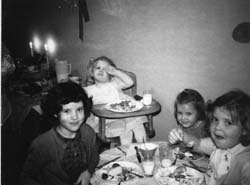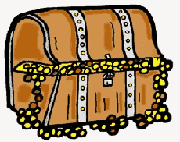
Some adjectives can come either before or after the noun, but they change their meaning according to their position
French has a handful of 'dual-purpose' adjectives that have two meanings contained in the same word. These two meanings are related, but somehow distinct from each other, and usually correspond to two different words in English
The most common,
and most important, are the pair dernier
and prochain.
The other most frequent and useful ones are...
ancien
cher
même
pauvre
propre
seul
| Tip: notice how 'ancien' before the noun, meaning 'former', is often used with possessives (mon, ton, son, etc.). |




